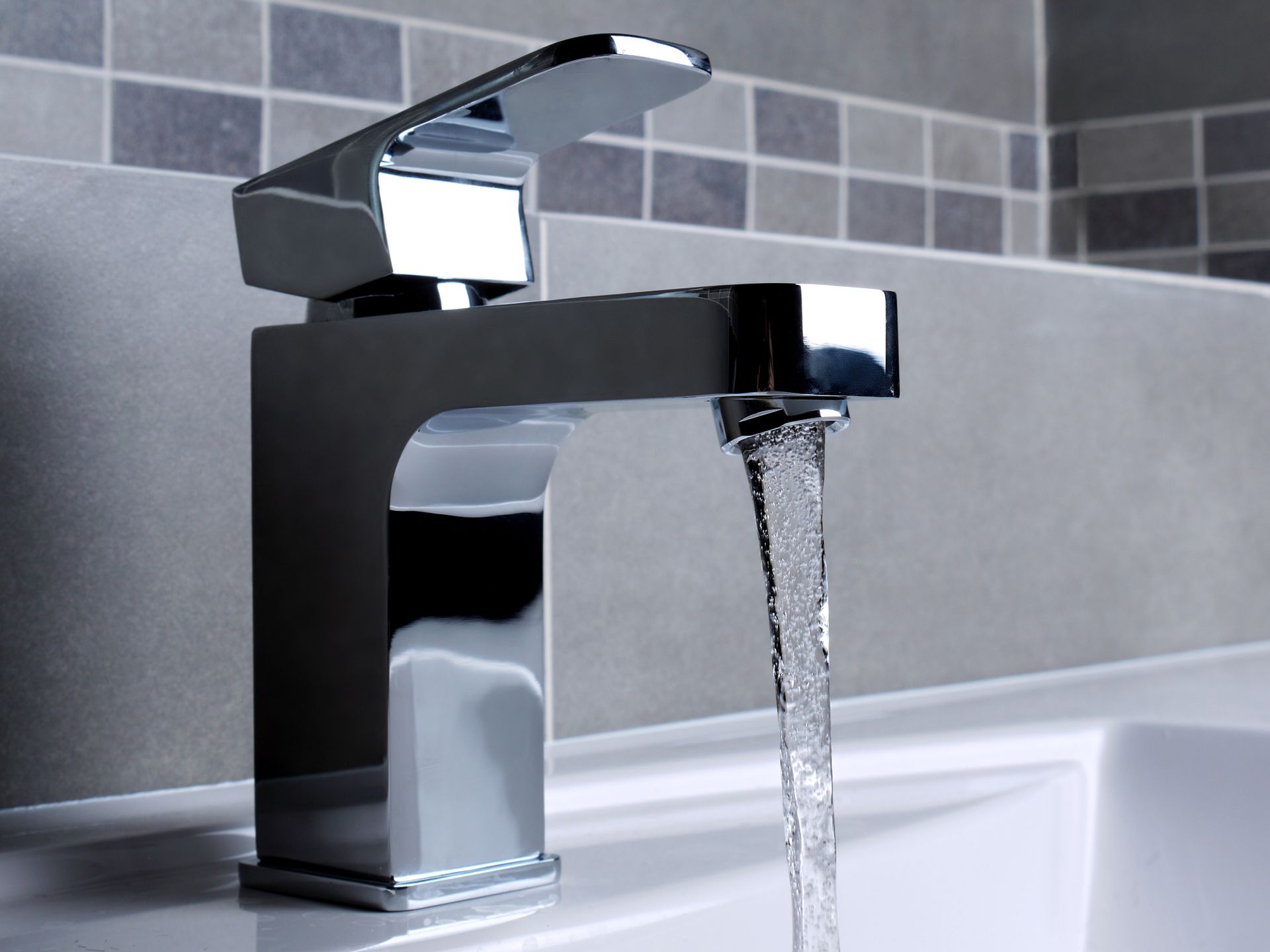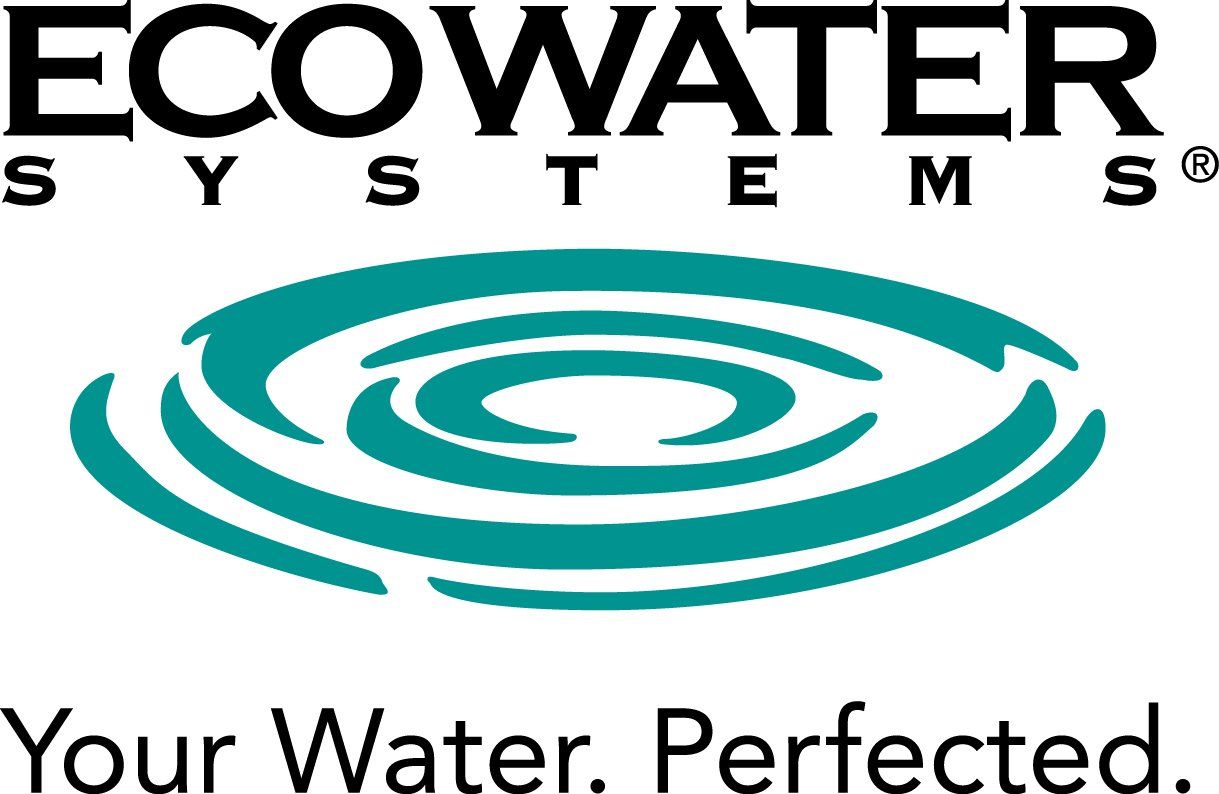How to Tell If You Should Invest in a Home Water Softener

Water quality is crucial to maintaining a healthy and comfortable home. Hard water, which contains high levels of minerals like calcium and magnesium, can lead to a variety of issues that affect your home’s infrastructure and your daily life. A home water softener can provide a solution, but how do you know if it’s the right investment for you? Understanding the signs of hard water and its impact on your home can help you decide whether a water softener is necessary.
Understanding Hard Water and Its Effects
Hard water is water that has absorbed high levels of minerals as it travels through the ground, particularly calcium and magnesium. While hard water is not harmful to health, it can cause significant problems in your home. These minerals can accumulate in your pipes, appliances, and fixtures, leading to reduced efficiency and costly repairs. Hard water can also affect your skin, hair, and laundry, making daily tasks more difficult and less satisfying.
If you’ve noticed that your soap doesn’t lather as well, your skin feels dry and itchy after a shower, or your laundry comes out stiff and dingy, these could be signs of hard water. Over time, the effects of hard water can worsen, leading to more noticeable and expensive problems.
Signs Your Home May Have Hard Water
Scale buildup on faucets, showerheads, and fixtures is a telltale sign of hard water. This white, chalky residue clearly indicates that your water contains high levels of calcium and magnesium. As this scale accumulates, it can reduce water flow and cause your fixtures to wear out more quickly. If you frequently clean or replace faucets and showerheads, hard water may be to blame.
Another sign of hard water is the presence of soap scum in your sinks, bathtubs, and showers. Soap scum forms when soap reacts with the minerals in hard water, creating a film that can be difficult to remove. This residue makes cleaning more challenging and can leave your skin feeling dry and irritated. If you notice that your soap doesn’t rinse off easily or that your skin feels tight and uncomfortable after washing, hard water could be the culprit.
Your appliances can also suffer from the effects of hard water. Dishwashers, washing machines, and water heaters are particularly vulnerable to mineral buildup, which can reduce efficiency and shorten lifespan. If your appliances require frequent repairs or seem to work harder than they should, hard water may be to blame. Additionally, you might notice that your dishes come out of the dishwasher with spots or a cloudy residue, or that your clothes feel rough and lose their brightness after washing.
Weighing the Benefits of a Water Softener
Once you’ve confirmed that your home has hard water, the next step is to evaluate the benefits of a water softener. A water softener eliminates calcium and magnesium ions from your water, exchanging them with sodium ions for a more purified water supply. This process prevents scale formation, protects your appliances, and improves water quality for bathing, cleaning, and laundry.
Investing in a water softener can save you money in the long run by reducing the need for repairs and extending the lifespan of your plumbing and appliances. It can also improve your quality of life by making your skin and hair feel softer, your laundry cleaner, and your home easier to maintain.
Deciding whether to invest in a home water softener involves understanding the effects of hard water and recognizing the signs in your home. From scale buildup on fixtures to reduced appliance efficiency, the impact of hard water can be significant. By testing your water and weighing the benefits of a water softener, you can make an informed decision that protects your home and enhances your daily life. If you’re experiencing the challenges of hard water, investing in a water softener could be a wise choice that brings long-term benefits.
For more information about this, contact us at Tri-County EcoWater Systems.






